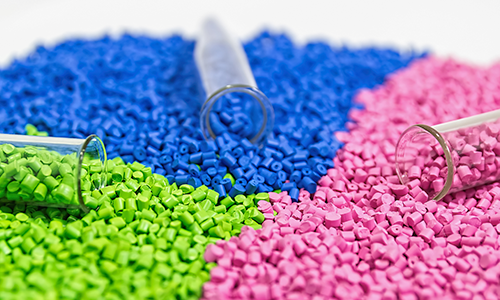Material Analysis Techniques for Every Stage of Polymer Development
Polymers are everywhere, from components making up the electronic device you’re reading this on to life-saving medical devices, energy efficient solar panels, and lightweight aero or auto components. Material scientists and engineers continue to improve high-performance polymers for strength, durability, and stability under demanding applications.
Details












